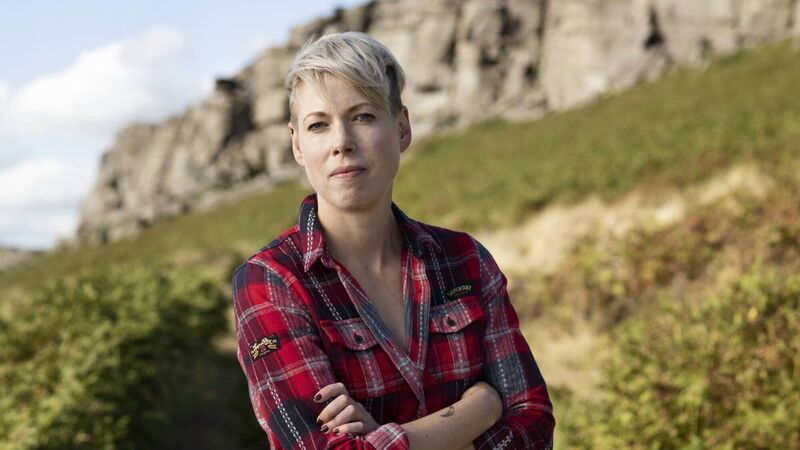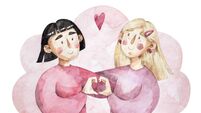Mums urged to go wild: 'We learn so much about ourselves by taking risks'

Helen Mort.
Poet Helen Mort has been drawn to the mountains all her life. Her memoir, explores how motherhood has temporarily changed her desire to climb.
“It all began with my dad – the mountains were where he was happiest, and it quickly became where I was happiest too,” she says. “I grew up on the edge of the Peak District, so it’s in my blood. There’s a sense of perspective – I always get this feeling of life making sense when I’m high up.”







